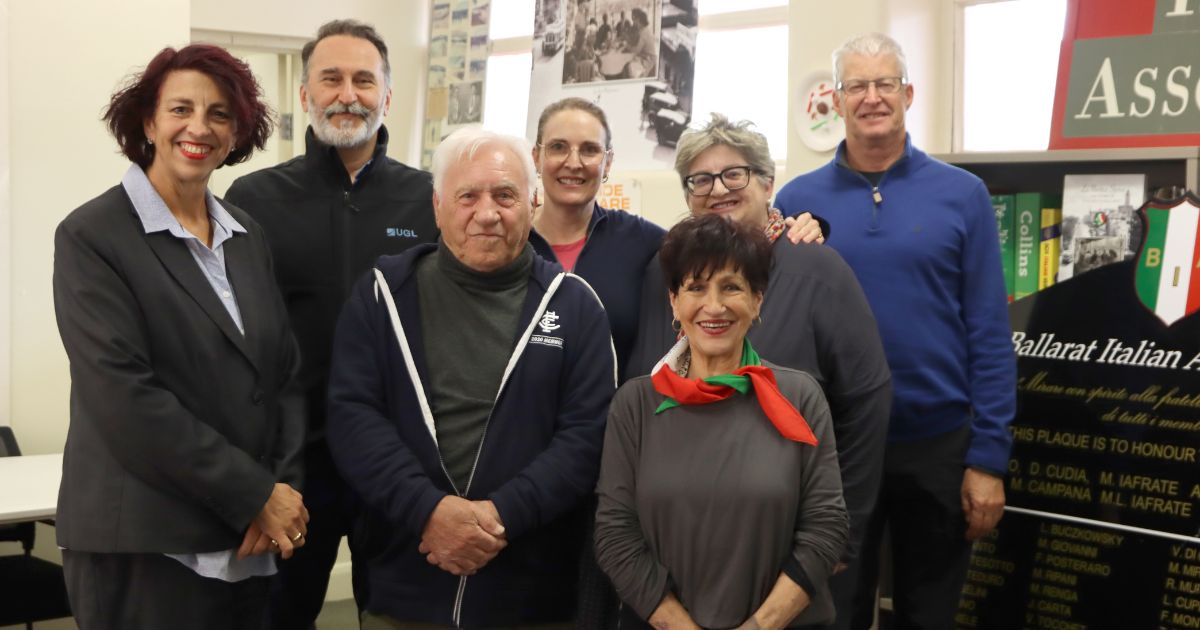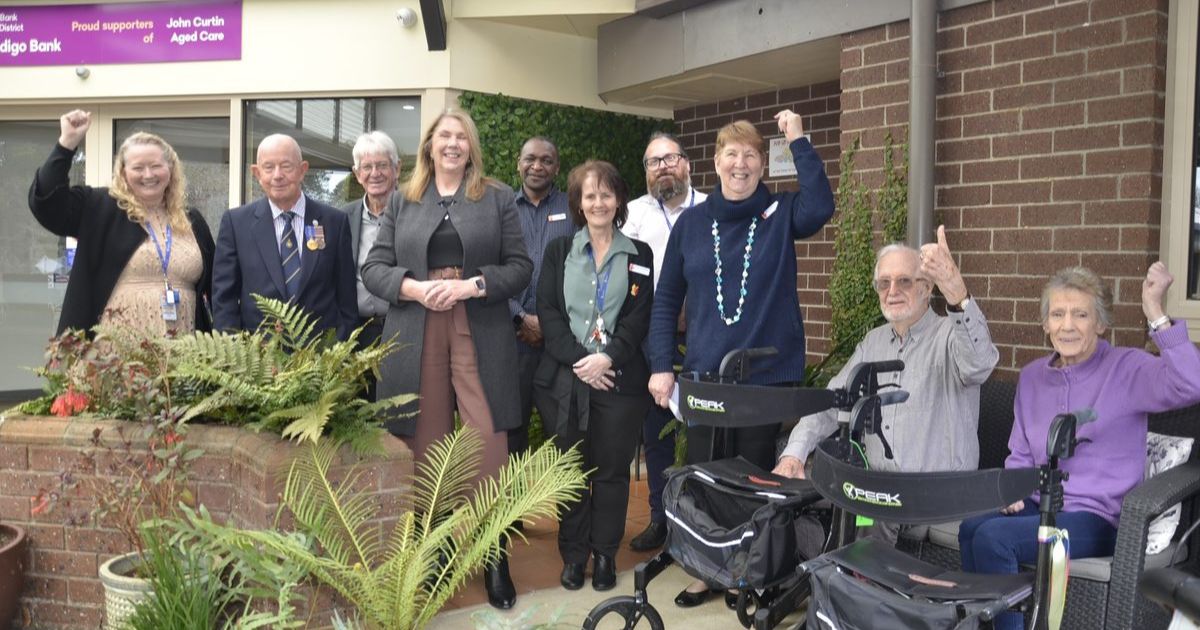Maintaining Ballarat’s community health

Accessible: BCH usually runs from six locations across Ballarat and Smythesdale. Photo: CHIPPY RIVERA
BALLARAT Community Health is still operational to support pre-existing and new clients, mindful of the mental impact a period of long-term lockdown will have.
Moving towards their fourth week of self-isolated work from home, Amanda Ford, adult mental health team manager said BCH is “on the front foot,” addressing community needs.
“We’ve adapted mostly everything to phone calls or virtual, which is working just as successfully. We’re predominantly using Zoom, but we’re working to make sure no one’s left out, because not everyone has access to internet and data,” she said.
“Our mental health teams, Headspace, alcohol and other drugs team and counsellors are all working that way, and the Drink Drive, Drug Drive behavioural change program is now online.”
With BCH’s Friday afternoon mental health drop-in sessions shifting to video chats, mental health nurse, Nathan Broome said Headspace is moving in a similar direction.
“There has been some uncertainty about what was happening, so the number of people approaching Headspace dropped,” he said.
“But now the word is starting to get out that they’re still operating, people are embracing the alternative way of contact which is good. It’s all virtual drop-in, so appointments can be coordinated through the admin staff on 5304 4777.”
In much the same way, Ms Ford said referrals to BCH’s alcohol and other drugs services had lessened, but people should remember they’re still accessible online, from counselling, to care and recovery.
The supply of addiction medicines is classed as an essential service, so the team’s nurse practitioner is still seeing some clients face-to-face.
“Our counselling team is also online and taking referrals, but there is a waiting list because we are preparing for family violence, and going to make sure there’s enough staff on the end of the phone to deal with those matters as they arise,” she said.
Overall, the mental health team wants to emphasise that it’s normal for anyone from any background to be feeling anxious and apprehensive right now. Even if you’re unsure of the future, set yourself some simple, achievable daily goals, be kind to yourself and don’t hurry.
“When we’re challenged, the brain can regress to the fear factor, or to things we know, but we haven’t had to do this before, so we should be inquisitive and try new things,” Mr Broome said.
“We want to turn that fear on its head and find the things we have some control and influence over. What are our good skills and capacities?
“Let’s be inventive, inclusive, and look for ways to keep in contact and in touch with people. Create routines, make virtual social plans and keep them.”
Most BCH programs are still running in some capacity. For help, and more information all on accessible services visit bchc.org.au, facebook.com/ballaratcommunityhealth or call 5338 4500.
The Facebook page also features cooking ideas, and ways children and adults can keep busy, creative and active at home.
BCH asks clients to answer all calls from the organisation, as they want to keep in touch, keep people on track with treatment, and keep people well.
Ballarat Community Health is not a crisis service. They open during the business hours of 8.30am to 5pm. In an emergency call 000, or a mental health crisis support line like Lifeline on 13 11 14.


















